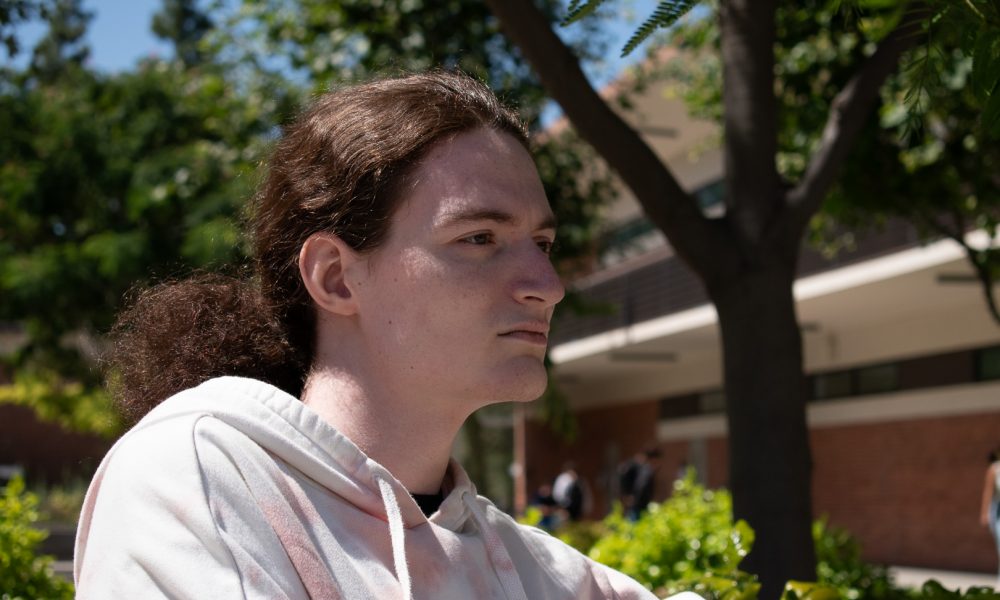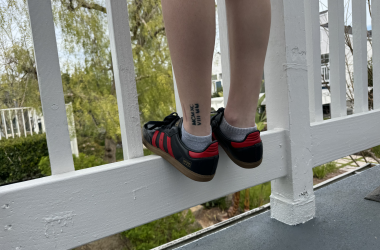Speaking up for myself has never been easy. Whether it was correcting someone at a fast food restaurant when my order was wrong, or telling someone that their romantic advances made me uncomfortable, being direct and honest with others had never been easy. I always seemed to struggle with confrontation more than my peers.
When I was in middle school, I became very ill. It took doctors months to figure out what was wrong and why none of the treatments were working.
Throughout all the testing, a doctor recommended I visit a therapist to see if the problem was psychological instead of physical. A few weeks later, I was diagnosed with generalized anxiety disorder and clinical depression.
I had been pushing myself too hard for too long; I was a dedicated student, taking 20 hours worth of dance classes a week and trying to maintain healthy relationships. I was stretching myself too thin.
I began falling behind in my classes and even developed achilles tendonitis in my right leg, making me physically ill. My body needed me to stop.
The amount of societal pressure that I was dealing with was exhausting. I always felt like I needed to be doing something, and felt like I had to be “on the grind.”
I quickly realized that I was not the only one struggling, my friends were too. People’s struggles with mental health can be even more apparent in higher education.
During my first few weeks at CSULB, the independence has been freeing, but it comes with its own obstacles. Adapting to a new school, new people and an environment different than my hometown has been a bit stressful at times.
A few years ago, I was diagnosed with attention deficit hyperactivity disorder (ADHD), and needing to adjust to a new schedule quickly can make change difficult for me.
While making lists can be helpful, due dates and keeping track of assignments for five different classes can seem overwhelming. Procrastination can be a struggle with school and can stem from anxiety, ADHD and depression.
CSULB has a number of resources available to assist students; however, these are temporary resources. Many students and young adults are not able to afford therapy or other mental health resources due to a lack of insurance, especially as the percentage of uninsured adults continues to grow.
According to the American Psychological Association, more than 60% of American students in higher education deal with mental illnesses. The stress can quickly build up when having to juggle working a job to pay for school, keeping up in classes, making sure you eat enough each day and then praying you can also get some sleep.
In the end, I do the best that I can. Maybe I didn’t accomplish everything I wanted to that day, or was anxious and needed time before starting an essay so that I could be confident in my work, but that’s okay.
Be patient with yourself; it’s okay to not be okay. Every once in a while, you need time to focus on yourself.




